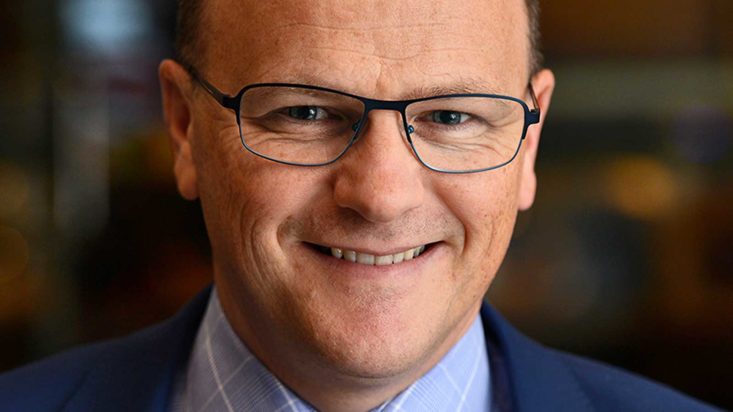Emerging market surprises are nothing new: Martin Currie
Reflecting on a decade of investing in emerging markets, specialist asset manager Martin Currie succinctly summarised its experience by highlighting that “surprises are nothing new.” Such has been the rapid rate of change in the expansive world of less-developed economies that things rarely turn out as expected, but also, and arguably most importantly, the worst fears rarely come to fruition.
The sector, or more specifically China, has seen far more headlines and attention than investors would probably like, with trade wars, supply chain issues and regulatory changes giving plenty of headaches. Yet it highlights the importance of dedicating resources to emerging markets in their own right, rather than simply viewing the sector as another part of global equities.
The biggest surprise from ten years of operation, according to Alastair Reynolds, head of the emerging markets team, has been the sheer dominance of the Chinese economy. At the time, Martin Currie expected to see broad-based growth from the likes of Brazil, Russia and India, not the sheer economic dominance that has seen China reach 34 per cent of the benchmark MSCI index.
According to Reynolds, a case in point is tech company Tencent (HKG: 0700), which the team originally expected to quadruple sales over from 2013 to 2020, but in fact sales grew at double that rate. This is put down to the power of digitalisation, but particularly from a different starting point to the western economies. “Digital is front-and-centre in the financial sector, and some of the best financial sector intellectual property has come out of emerging markets,” Reynolds says.
The team remains as confident as ever, despite the growing negativity and associated volatility, stating “emerging markets economies will maintain their rapid pace of development in coming years, with growing affluence and consumerism; greater digitalisation of products and services; the continuing rise of China; and the ‘greening’ of energy markets as the key themes.”
Gone are the days of investing in companies reliant on” cheap labour and physical resources,” he says. These are being replaced with a significant move up the supply chain, with Taiwanese semiconductor manufacturer TSMC (TPE: 2330) a case in point. It moved from a commodities business to a clear intellectual property leader, something many US-based competitors failed to achieve.
Expanding on this, Reynolds highlights the evolution of the manager’s actively managed emerging markets strategy, which traditionally relied on the banking and financial sector for large parts of its exposure. It now includes exposures as broad as ‘micro-finance’ companies and digital banks, including Russia’s TCS Group (FRA: 13T1).
Another area of focus for Martin Currie is in value creation through engagement on ESG and best practice matters. The firm says it “partners with companies and advises them on their ESG journey, a process that is enhanced by its long-term approach to investing.”
Peruvian financial group Credicorp (NYSE: BAP) offers evidence of the value of engagement over avoidance, with Reynolds stating, “our engagement has been focused on the level of technological expertise within senior management and the board. The bank’s receptiveness to our feedback and willingness to improve its ESG credentials has been central to our strong conviction in its prospects.”
The importance of emerging markets to the decarbonisation theme set to drive capital flows for decades cannot be understated. “What I see in the ten years ahead is the strong role (that) emerging markets companies will play in decarbonisation, and the pathway to net-zero,” says Reynolds. “Companies in China, South Korea, Taiwan and Chile are already prominent in aspects of the electric vehicle market, especially in battery manufacturing.”











